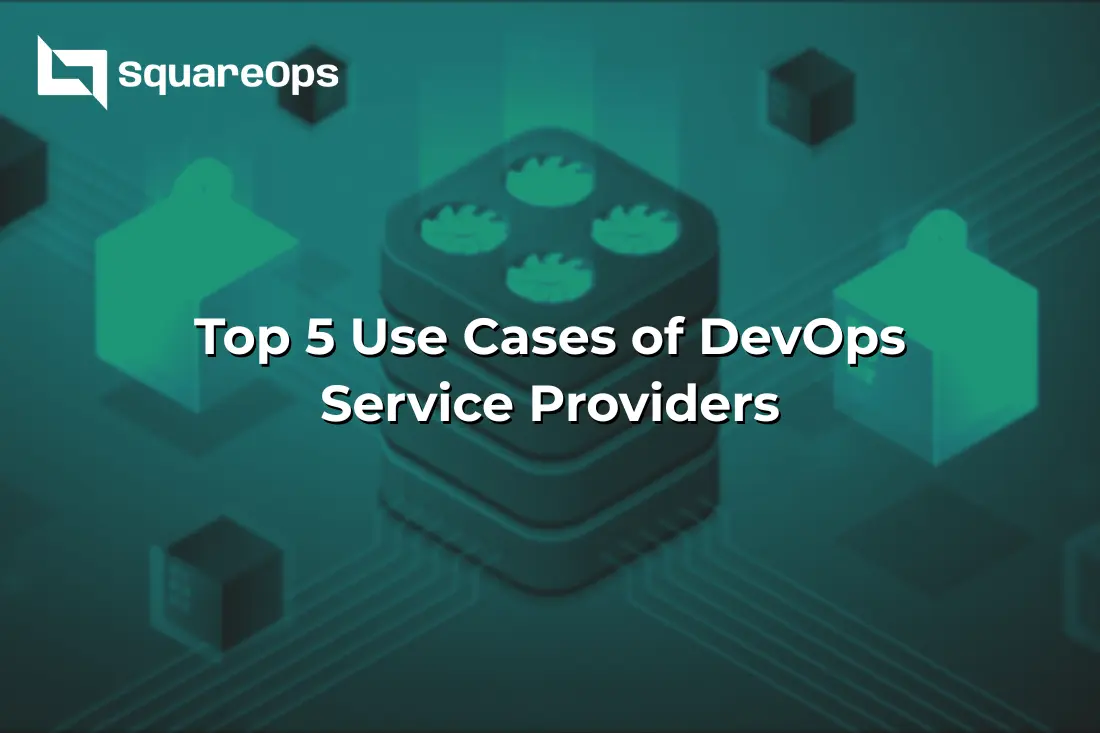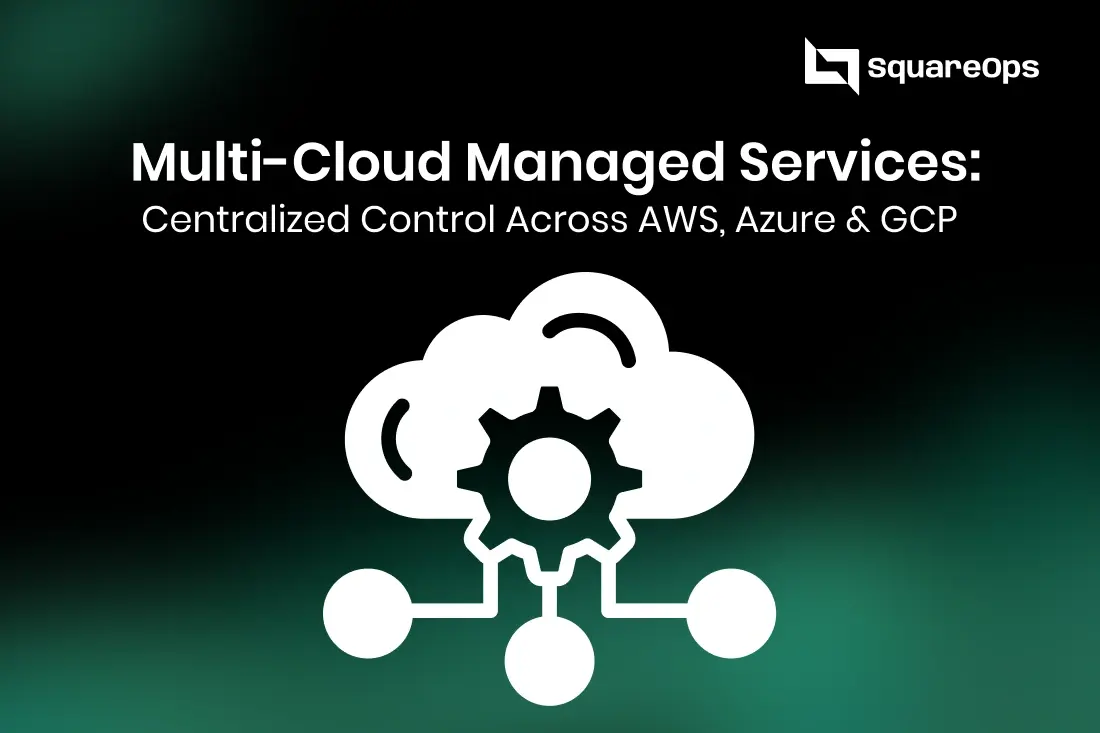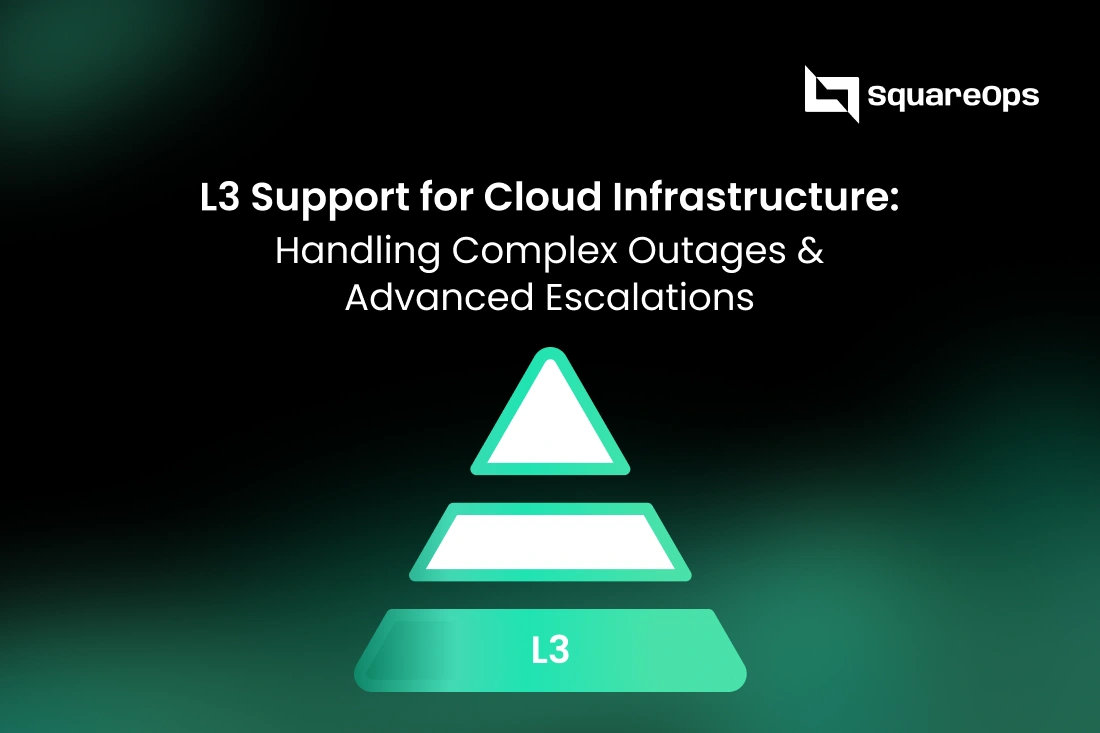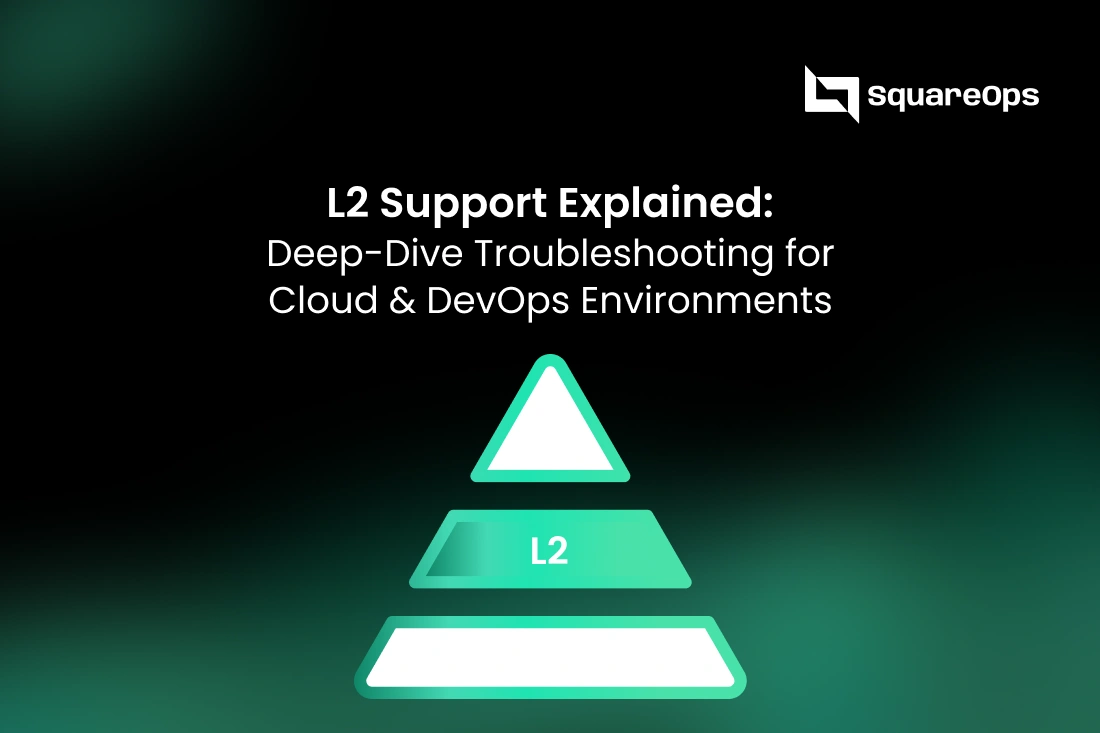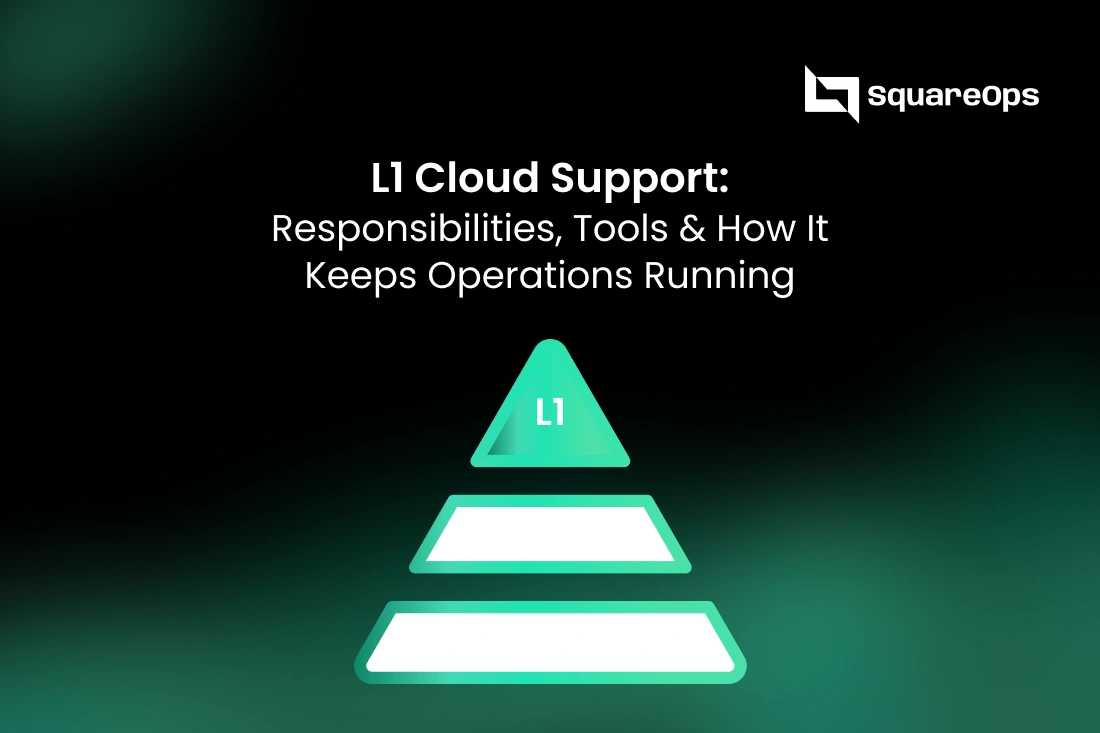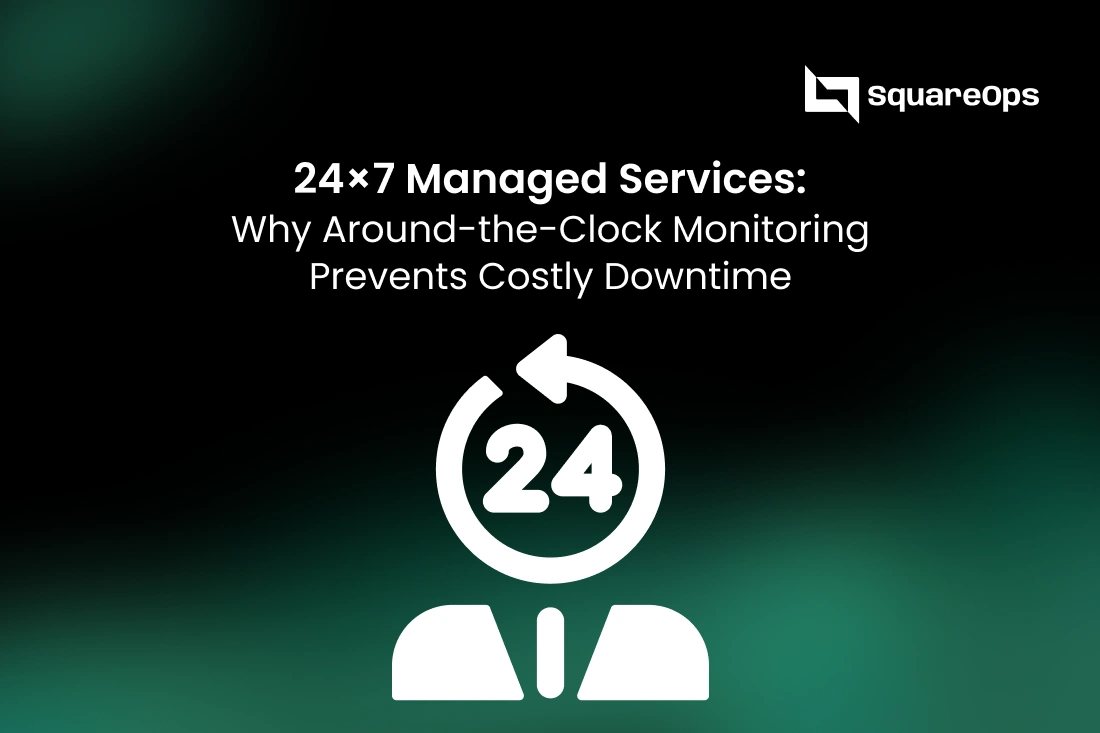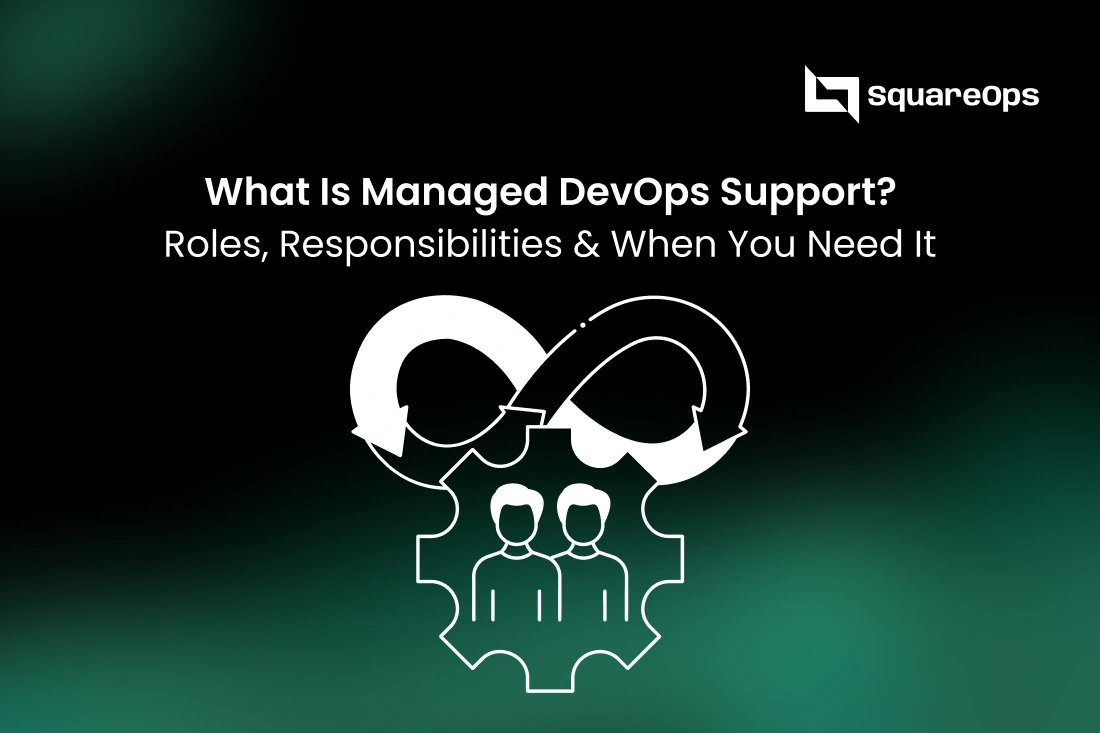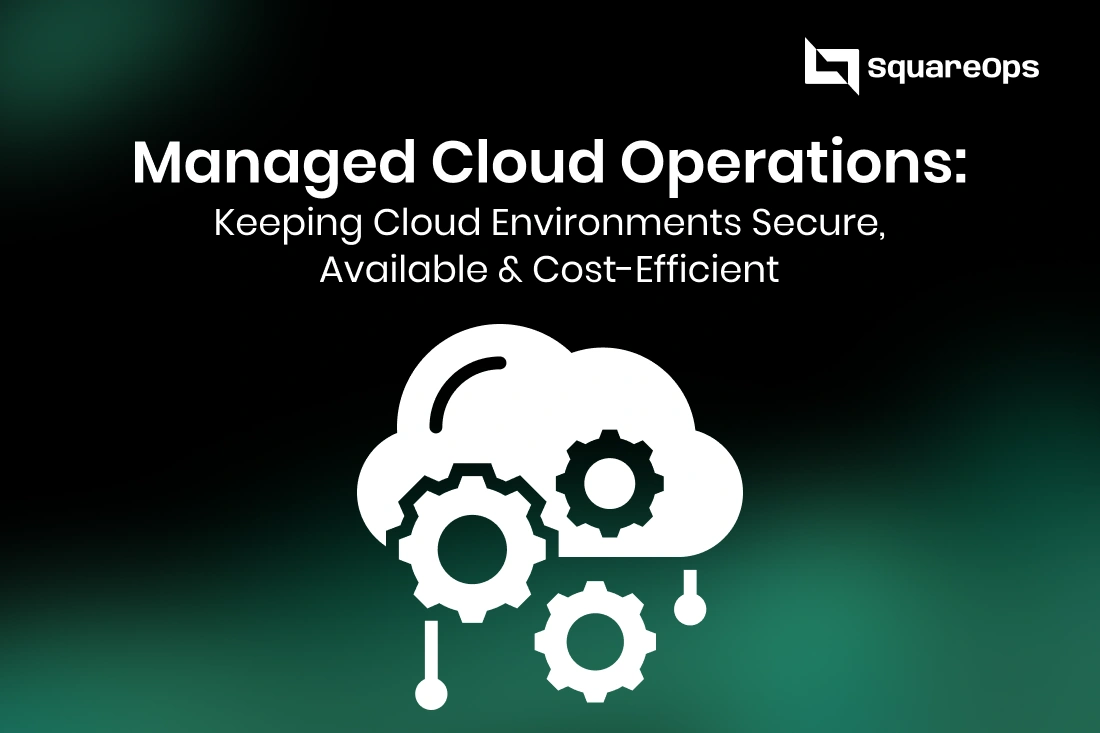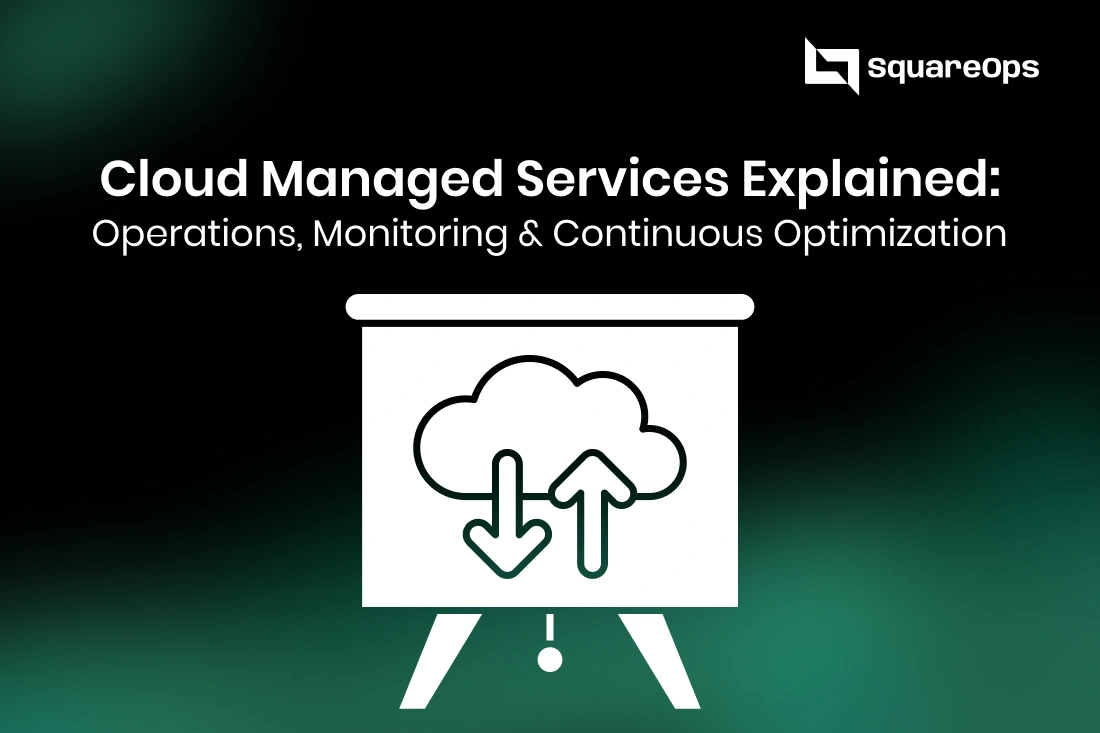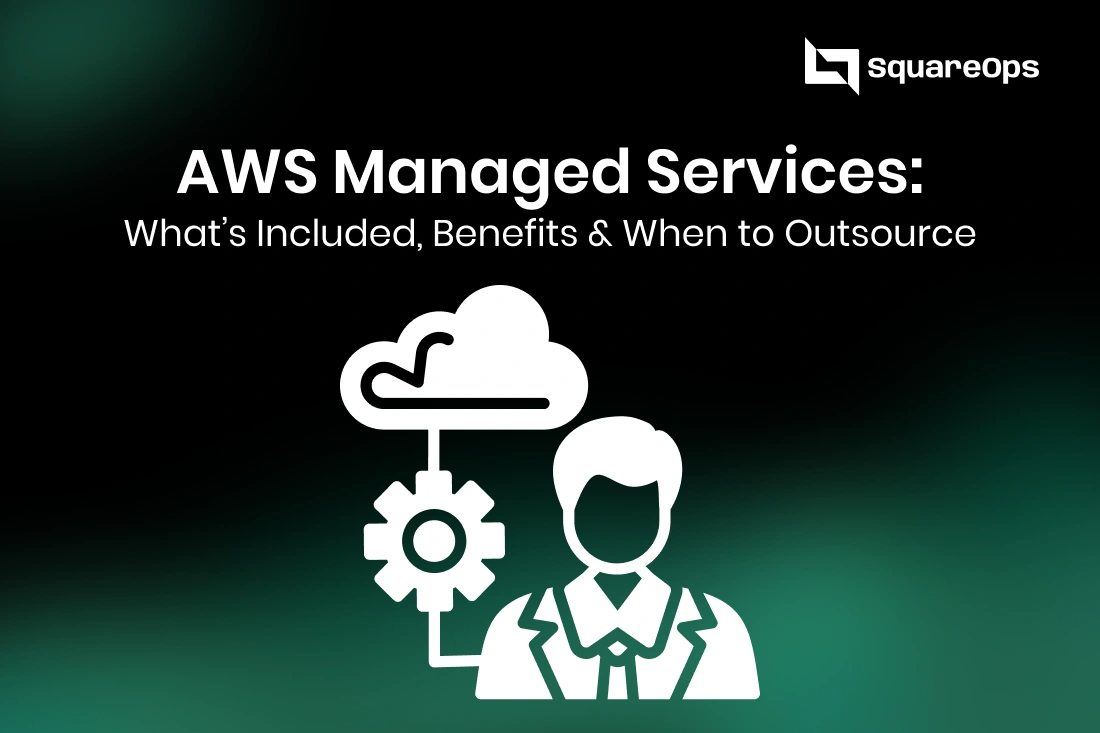As modern businesses race to deliver better software faster, the gap between development and operations has become increasingly expensive. Downtime, delayed releases, and fragile deployments are no longer tolerable. That’s where DevOps service providers step in — helping companies streamline development pipelines, automate infrastructure, and ship with confidence.
Whether you're scaling a startup or modernizing an enterprise stack, this article unpacks the top five real-world use cases of DevOps service providers and why they’re becoming essential for future-ready tech teams.
Case 1: CI/CD Pipeline Implementation and Automation
Problem
Many businesses still rely on manual deployment processes which are slow, error-prone, and inconsistent. This results in longer release cycles, frequent bugs, and misaligned testing environments.
DevOps Solution
DevOps service providers implement Continuous Integration and Continuous Deployment (CI/CD) pipelines to automate the process of code integration, testing, and deployment. Tools like Jenkins, GitLab CI/CD, CircleCI, and GitHub Actions are integrated into your development workflow to automate builds and testing at every commit.
Benefits
- Reduced deployment time from hours to minutes
- Faster time-to-market
- Improved code quality through automated testing
- Reduced human error
Example
A fintech startup working with a DevOps agency was able to decrease release time by 70% after implementing automated pipelines, enabling weekly releases instead of quarterly ones.
Case 2: Infrastructure as Code (IaC) for Scalable Cloud Managemen
Problem
Traditional infrastructure management is cumbersome and doesn’t scale well. Managing cloud environments manually can lead to configuration drift and inconsistencies across development, staging, and production.
DevOps Solution
Service providers implement Infrastructure as Code (IaC) using tools like Terraform, AWS CloudFormation, or Pulumi. This allows infrastructure to be defined in version-controlled code, making it reproducible and scalable.
Benefits
- Automated provisioning of servers, networks, and databases
- Environment parity (dev, staging, production)
- Easy rollback of infrastructure changes
- Increased deployment speed and reduced downtime
Example
An eCommerce company scaled its AWS infrastructure across five regions with zero downtime using Terraform modules designed by their DevOps partner.
Case 3: Kubernetes-Based Container Orchestration
Problem
As applications grow in complexity, managing multiple containers and their scaling, networking, and security becomes challenging.
DevOps Solution
DevOps service providers deploy Kubernetes clusters for orchestrating containers, ensuring high availability, auto-scaling, and efficient resource usage. Services also include Helm chart management, cluster monitoring, and secure ingress control.
Benefits
- Seamless deployment of microservices
- Automatic load balancing and failover
- Environment consistency
- Improved resource utilization
Example
A SaaS product migrated from EC2-based architecture to Kubernetes managed by a DevOps provider. This move reduced cloud costs by 30% and improved uptime to 99.99%.
Case 4: Cloud Cost Optimization and Monitoring
Problem
Unoptimized cloud usage leads to ballooning infrastructure costs and poor visibility into resource consumption.
DevOps Solution
Using tools like Datadog, Prometheus, Grafana, and AWS Cost Explorer, DevOps partners monitor system performance and resource utilization. They identify underutilized assets, unused storage, and opportunities for reserved instances or spot instances.
Benefits
- Up to 40% reduction in cloud costs
- Proactive alerts and incident response
- Improved capacity planning
- Better forecasting for infrastructure budget
Example
A healthcare tech company partnered with a DevOps consultant to optimize its cloud footprint. Monthly AWS bills dropped from $22,000 to $13,500 within three months.
Case 5: Enhanced Security and Compliance (DevSecOps)
Problem
Security is often an afterthought in the development cycle, leading to vulnerabilities and compliance issues, especially in regulated industries like healthcare, finance, and education.
DevOps Solution
DevOps service providers integrate security practices into the CI/CD pipeline (DevSecOps). Tools like Snyk, Aqua Security, and SonarQube perform code scanning, vulnerability assessment, and container hardening.
Benefits
- Early detection of vulnerabilities
- Automated security testing in every release
- Compliance with standards like HIPAA, SOC2, and ISO 27001
- Reduced risk of data breaches
Example
A financial services firm added automated compliance checks to their CI/CD workflow, reducing manual audit work by 60% and improving SOC2 readiness.
Emerging Trends in DevOps Outsourcing
- Platform Engineering – Custom-built internal developer portals for self-service infrastructure
- GitOps – Declarative infrastructure management driven by Git repositories
- AI-Ops – Leveraging machine learning for predictive analytics in DevOps
- Serverless DevOps – Automation for functions-as-a-service deployments
Choosing the Right DevOps Service Provider
When selecting a DevOps service provider, consider:
- Proven experience in your tech stack (AWS, Azure, GCP, etc.)
- Tooling familiarity (Terraform, Jenkins, Docker, Kubernetes)
- Security and compliance expertise
- Post-implementation support
- Client testimonials and case studies
A good DevOps partner doesn’t just execute tasks — they become an extension of your engineering team.
Conclusion
DevOps service providers are no longer a nice-to-have. They are strategic enablers of innovation, speed, security, and scalability. From automating CI/CD pipelines and managing Kubernetes to optimizing costs and integrating security, these experts help companies stay competitive and resilient.
If you're looking to scale your development efforts without compromising on quality or compliance, partnering with a seasoned DevOps service provider may be the smartest move for your business in 2025 and beyond.
Ready to grow? Contact SquareOps Today.
